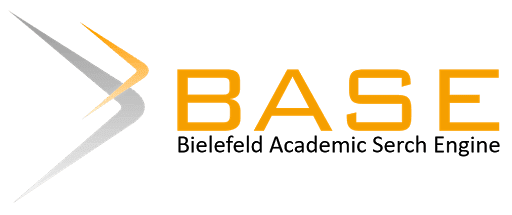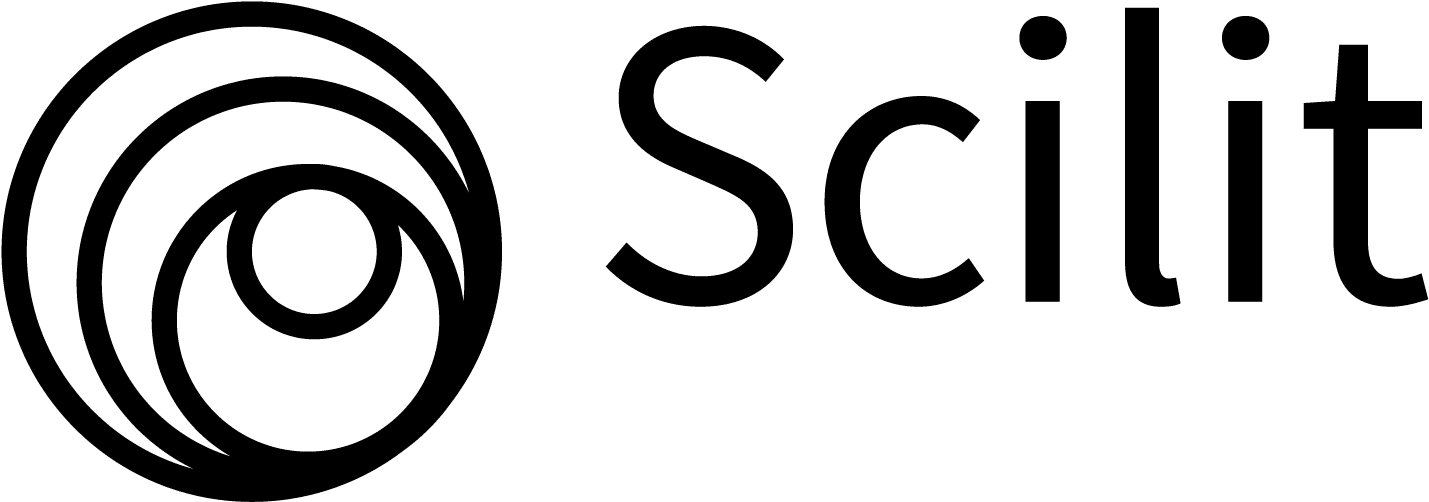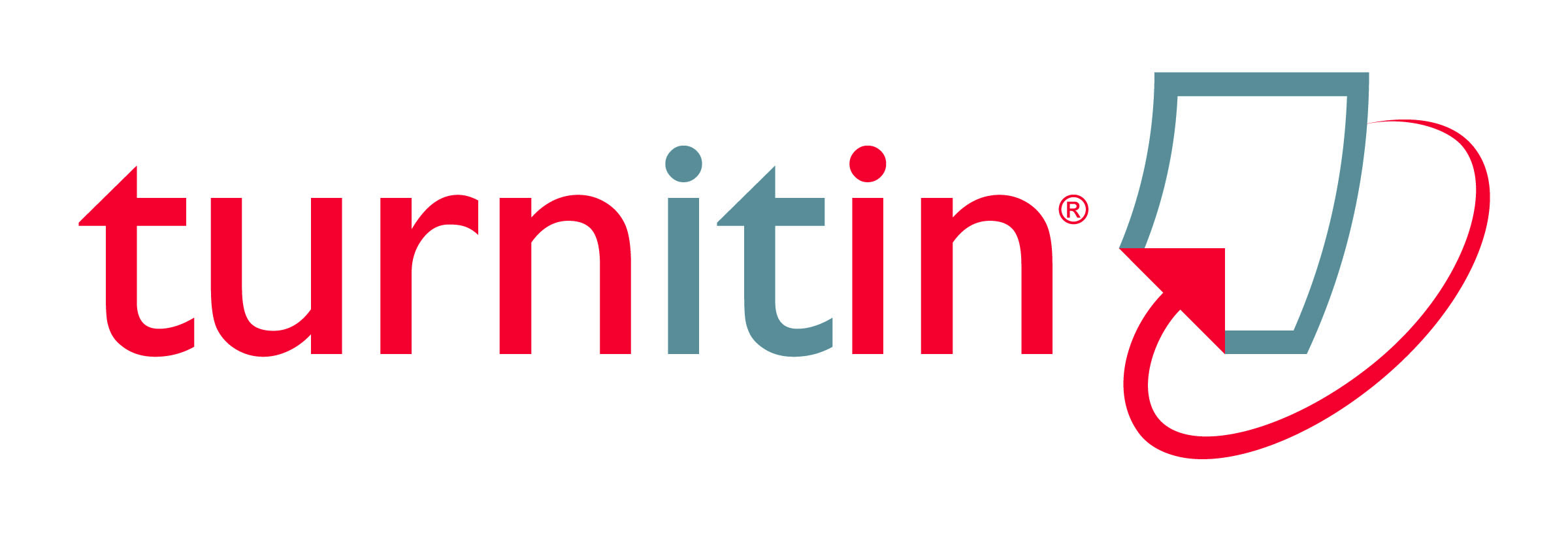PENGARUH PROACTIVE PERSONALITY, TRAIT COMPETITIVENESS, DAN PHYSIOLOGICAL MECHANISM TERHADAP WELL-BEING DI INDUSTRY PERBANKAN
Abstract
The purpose of this paper is to examine the relationship between proactive personality, trait competitiveness, physiological mechanism, and well-being toward the employee in banking industry, specifically 2 banking company in Indonesia. This journal was using structural equation modelling (SEM) to analyze the variable and simple linear regression to test the hypothesis among the sample of 129 employees, google form were used to distribute the questioner which consists of 25 questions. The finding shows that proactive personality and trait competitiveness is positively related to well-being and for physiological mechanism is negatively related to well-being.
References
Abaidoo, R., & Agyapong, E. (2021). Macroeconomic Risk and Political Stability: Perspectives from Emerging and Developing Economies. Global Business Review, 1–17. https://doi.org/10.1177/09721509211047650
Allen, T. D. (2001). Family-supportive work environments: the role of organizational perceptions. Journal of Vocational Behavior, 58(3), 414–435.
Atroszko, P. A., & Atroszko, B. (2019). Type-A personality competitiveness component linked to increased cardiovascular risk is positively related to study addiction but not to study engagement. Current Science, 117(7), 1184–1188. https://doi.org/10.18520/cs/v117/i7/1184-1188
Bakker, A. B., Hetland, J., Olsen, O. K., & Espevik, R. (2019). Daily strengths use and employee well-being: The moderating role of personality. Journal of Occupational and Organizational Psychology, 92(1), 144–168. https://doi.org/10.1111/joop.12243
Bateman, T. S., & Crant, J. M. (1993). The proactive component of organizational behavior: A measure and correlates. Journal of Organizational Behavior, 14(2), 103–118. https://doi.org/10.1002/job.4030140202
Brown, S. R., Cron, W. L., & Slocum, J. W. (1998). Effects of trait competitiveness and perceived intraorganizational competition on salesperson goal setting and performance. Journal of Marketing, 62, 88–95. https://doi.org/10.2307/1252289
Castro-Gonzalez, S., Bande, B., & Kimura, T. (2019). How and when corporate social responsibility affects salespeople’s organizational citizenship behaviors?: the moderating role of ethics and justice. Corporate Social Responsibility and Environmental Management, 26(3), 548–558.
Chen, C. C., Han, J. (Jennifer), & Wang, Y. C. (2021). A hotel stay for a respite from work? Examining recovery experience, rumination and well-being among hotel and bed-and-breakfast guests. International Journal of Contemporary Hospitality Management, 34(4), 1270–1289. https://doi.org/10.1108/IJCHM-08-2021-0975
Csikszentmihalyi, M., & LeFevre, J. (1989). Optimal experience in work and leisure. Journal of Personality and Social Psychology, 56(5), 815–822. https://doi.org/10.1037/0022-3514.56.5.815
Lisias, C., Beni,S., Asmara, A.P., & Yeni, E.Y. (2022). Inovasi Pembangunan: Jurnal Kelitbangan 10 (02), 207-207.
Sufiana, HY. & Beni, S. (2020). Analisis Kinerja Keuangan Pada Credit Union Bonaventura Tempat Pelayanan Ledo. Business, Economics and Entrepreneurship. 4(1). 10-14.
Deci, E. L., & Ryan, R. M. (2008). Self-determination theory: A macrotheory of human motivation, development, and health. Canadian Psychology/Psychologie Canadienne, 49(3), 182–185. https://doi.org/10.1037/a0012801
George, G., Howard-Grenville, J., Joshi, A., & Tihanyi, L. (2016). Understanding and tackling societal grand challenges through management research. Academy of Management Journal, 59(6), 1880–1895. https://doi.org/10.5465/amj.2016.4007
Gujral, H. K., & Kaur, J. (2015). Identifying leadership style and its impact on institutional climate : a study in education sector. Elixir Leadership Management, 59, 15734–15738. www.elixirpublishers.com
Hair, J., Black, W., Babin, B., & Anderson, R. (2010). Multivariate Data Analysis: A Global Perspective (7th Edition). Pearson.
Huggins, R., & Thompson., P. (2012). Well-being and competitiveness: are the two linked at a place-based level? Cambridge Journal of Regions, Economy and Society, 5(1), 45–60. https://doi.org/10.1093/cjres/rsr017
Johnson, A., Dey, S., Nguyen, H., Groth, M., Joyce, S., Tan, L., Glozier, N., & Harvey, S. B. (2020). A review and agenda for examining how technology-driven changes at work will impact workplace mental health and employee well-being. Australian Journal of Management, 45(3), 402–424. https://doi.org/10.1177/0312896220922292
LaMontagne, A. D., Milner, A., Krnjacki, L., Schlichthorst, M., Kavanagh, A., Page, K., & Pirkis, J. (2016). Psychosocial job quality, mental health, and subjective wellbeing: a cross-sectional analysis of the baseline wave of the Australian Longitudinal Study on Male Health. BMC Public Health, 16(Suppl 3), 33–41. https://doi.org/10.1186/s12889-016-3701-x
Li, W. D., Fay, D., Frese, M., Harms, P. D., & Gao, X. Y. (2014). Reciprocal relationship between proactive personality and work characteristics: a latent change score approach. Journal of Applied Psychology, 99(5), 948–965.
Malik, O. F., Shahzad, A., Raziq, M. M., Khan, M. M., Yusaf, S., & Khan, A. (2019). Perceptions of organizational politics, knowledge hiding, and employee creativity: the moderating role of professional commitment. Personality and Individual Differences, 142, 232–237.
Mubarak, N., Khan, J., Yasmin, R., & Osmadi, A. (2021). The impact of a proactive personality on innovative work behavior: the role of work engagement and transformational leadership",. Leadership & Organization Development Journal, 42(7), 989–1003. https://doi.org/10.1108/LODJ-11-2020-0518
Newby, J. L., & Klein, R. . (2014). Competitiveness Reconceptualized: Psychometric Development of the Competitiveness Orientation Measure as a Unified Measure of Trait Competitiveness. The Psychological Record, 64, 879–895. https://doi.org/10.1007/s40732-014-0083-2
Newman, D. B., Tay, L., & Diener, E. (2014). Leisure and Subjective Well-Being: A Model of Psychological Mechanisms as Mediating Factors. Journal of Happiness Studies, 15, 555–578. https://doi.org/10.1007/s10902-013-9435-x
Novita, S. (2021). Analisis Kinerja Keuangan PT Bank UOB Indonesia, Tbk dengan Metode CAMEL (Capital, Asset, Management, Earning, Liquidity) Periode 2016 s.d 2018. JBEE: Journal Business, Economic and Entrepreneurship, 3(1), 42–55. https://journal.shantibhuana.ac.id/index.php/bee/index JBEE
Park, J., & Defrank, R. (2016). The Role of Proactive Personality in the Stressor–Strain Model. International Journal of Stress Management, 25(1). https://doi.org/10.1037/str0000048
Peng, H., Bell, C., & Li, Y. (2020). How and when intragroup relationship conflict leads to knowledge hiding: the roles of envy and trait competitiveness. International Journal of Conflict Management, 32(3), 383–406. https://doi.org/10.1108/IJCMA-03-2020-0041
Razzaq, S., Maqbool, N., & Hameed, W. U. (2019). Factors Effecting The Elasticity Of Micro Credit Demand In Southern Punjab, Pakistan. International Journal of Social Sciences and Economic Review, 1(2), 46–53. https://doi.org/10.36923/ijsser.v1i2.34
Saleh, A. S., Moradi-Motlagh, A., & Zeitun, R. (2020). What are the drivers of inefficiency in the Gulf Cooperation Council banking industry? A comparison between conventional and Islamic banks. Pacific Basin Finance Journal, 60, 101266. https://doi.org/10.1016/j.pacfin.2020.101266
Schrock, W. A., Hughes, D. E., Fu, F. Q., Richards, K. A., & Jones, E. (2016). Better together: Trait competitiveness and competitive psychological climate as antecedents of salesperson organizational commitment and sales performance. Marketing Letters, 27, 351–360. https://doi.org/10.1007/s11002-014-9329-7
Sonnentag, S. (2015). Dynamics of well-being. Annual Review of Organizational Psychology and Organizational Behavior, 2, 261–293. https://doi.org/10.1146/annurev-orgpsych-032414-111347
Sonnentag, S., & Fritz, C. (2007). The Recovery Experience Questionnaire: Development and Validation of a Measure for Assessing Recuperation and Unwinding From Work. Journal of Occupational Health Psychology, 12(3), 204–221. https://doi.org/10.1037/1076-8998.12.3.204
Spence, J. T., & Helmreich, R. L. (1983). Achievement-Related Motives and Behaviors. In J. T. Spence (Ed.), Achievement and Achievement Motives: Psychological and Sociological Approaches (pp. 7–74). W. H. Freeman.
Suardi. (2019). Pengaruh Kepuasan Kerja terhadap Kinerja Pegawai pada PT Bank Mandiri. JBEE: Journal Business, Economic and Entrepreneurship, 1(2), 9–18. https://ojs.stie-tdn.ac.id/index.php/MV/article/view/66
Wei, Z., Li, C. J., Li, F., & Chen, T. (2021). How proactive personality affects psychological strain and job performance: The moderating role of leader–member exchange. Personality and Individual
Copyright (c) 2022 Lidya Permata Sari Gill, Netania Emilisa

This work is licensed under a Creative Commons Attribution 4.0 International License.




















